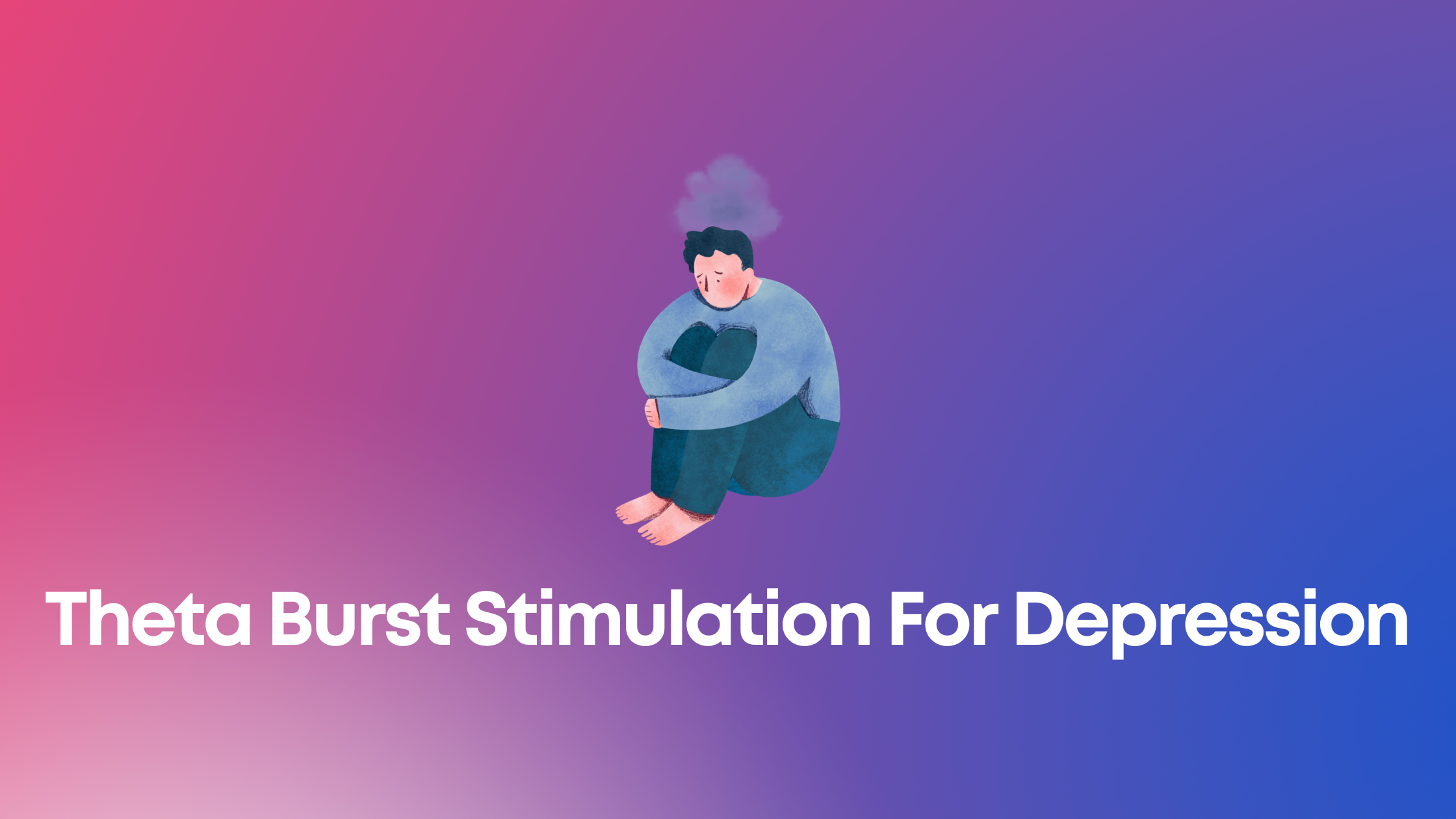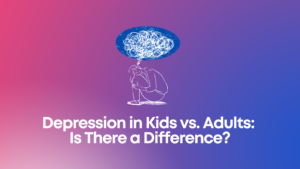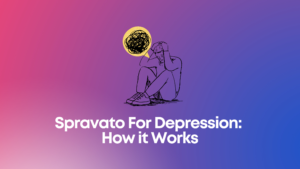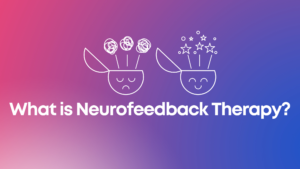Theta burst stimulation (TBS) is a noninvasive brain stimulation technique that uses magnetic fields to stimulate nerve cells in the brain. TBS has been shown to be an effective treatment for depression, and it is thought to work by changing the way information is processed in the brain. In this article, we will discuss the potential benefits of TBS for depression.
Depression is a common mental health condition that can have a significant impact on a person’s quality of life. Symptoms of depression can include persistent feelings of sadness and hopelessness, loss of interest in activities that were once enjoyable, fatigue, difficulty concentrating, and changes in appetite or sleep patterns. Depression can also lead to physical health problems, such as headaches and stomach pain. If left untreated, depression can have serious consequences, such as suicide.
TBS appears to work by changing the way information is processed in the brain. It is thought to do this by affecting the activity of certain chemicals in the brain, such as the neurotransmitters serotonin and dopamine. Dopamine is a neurotransmitter that is involved in the regulation of mood, and serotonin is a neurotransmitter that is thought to play a role in the development of depression.
TBS is typically delivered using a device that produces magnetic fields, similar to those produced by an MRI machine. The device is placed next to the head and the magnetic fields are used to stimulate the brain. Compared to conventional TMS procedures that last 37 minutes per session, TBS can be completed in only a few minutes. The standard theta burst pattern consists of three bursts of pulses at 50 Hz repeated every 200 ms.
At PsyFi TMS, we offer theta burst stimulation for depression. This treatment is only available from a certified provider, such as our team of experts. If you are interested in learning more about TBS or other depression treatments, please contact us today to learn more: info@psyfitms.com.




